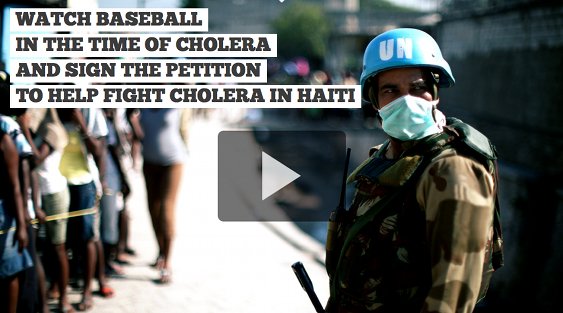Interview with lawyers Mario Joseph and Brian Concannon: How President Martelly’s proposed constitutional changes are illegal
Interview by Kim Ives and Roger Leduc, published in Haiti Liberte, June 14, 2012
Haitian President Joseph Michel Martelly recently announced his intention to publish amendments to Haiti’s 1987 Constitution during the month of June. Once published in the government’s official journal Le Moniteur, laws are supposed to go into effect. But according to Haiti’s existing 1987 Constitution, amendments made during one administration are not supposed to take effect until the following administration.
Martelly’s plan to publish the amendments, which were partially and faultily drafted under Haiti’s last president, René Préval (2006-2011), has provoked a storm of protest among constitutional scholars, lawyers, politicians, and activists who charge that it would be patently illegal. But the U.S. and its allies continue to push Martelly to publish the amendments despite widespread and vehement objections.
On June 7, Kim Ives and Roger Leduc interviewed Mario Joseph, the lead lawyer of the Office of International Lawyers (BAI) based in Port-au-Prince, and lawyer Brian Concannon of the Boston-based Institute for Justice and Democracy in Haiti (IJDH) on the radio program “Haiti: The Struggle Continues,” broadcast every Thursday from 9 to 10 p.m. on the Pacifica Network’s WBAI-FM in New York (streamed live and archived on www.wbai.org). What follows is an edited version of that interview. Mario Joseph’s responses in Kreyòl have been translated into English.
Kim Ives: Brian, can you briefly explain what are the key amendments to the Constitution that have been drafted, and what has gone wrong with their publication?
Brian Concannon: One overarching theme which is often lost in this discussion is the whole idea of why you have a constitution. Constitutions are by design hard to amend because they are supposed to set down your bedrock principles that can’t be changed quickly or easily. Constitutions are hard to change, you have to do it with a two-thirds vote, and, in almost all constitutions, you need to do it through some specialized procedure. The basic problem here is that the Haitian Constitution’s drafters made amendments a fairly easy procedure.
The way you’re supposed to do it is this. An outgoing legislature in its last session votes a law, and then the next legislature – which comes in with the next president – votes on the same law, up or down, just after an election, after the people have had an opportunity to have some say. The people get their input by having the elections.
What happened was this: in October 2009, the outgoing legislature voted a law, and then in 2011, a new legislature changed it, making a very different law. The hard part is that nobody really knows what that law is. The legislature claims that it has one version; former President Préval claims that he has another version. There’s lots of problems with both versions, and nobody really knows what’s in both.
A lot of people like some of the proposed changes, like those which allow double nationality and set a goal of 30% participation of women in government. But some of the changes might affect the fundamental democratic structure of the country. For example, the new law allows the president to name local officials instead of having them be elected; it changes the terms of senators and deputies in ways that might suggest the changes should not be made in the haphazard way they’ve been done.
Read the rest at the CHAN website.


